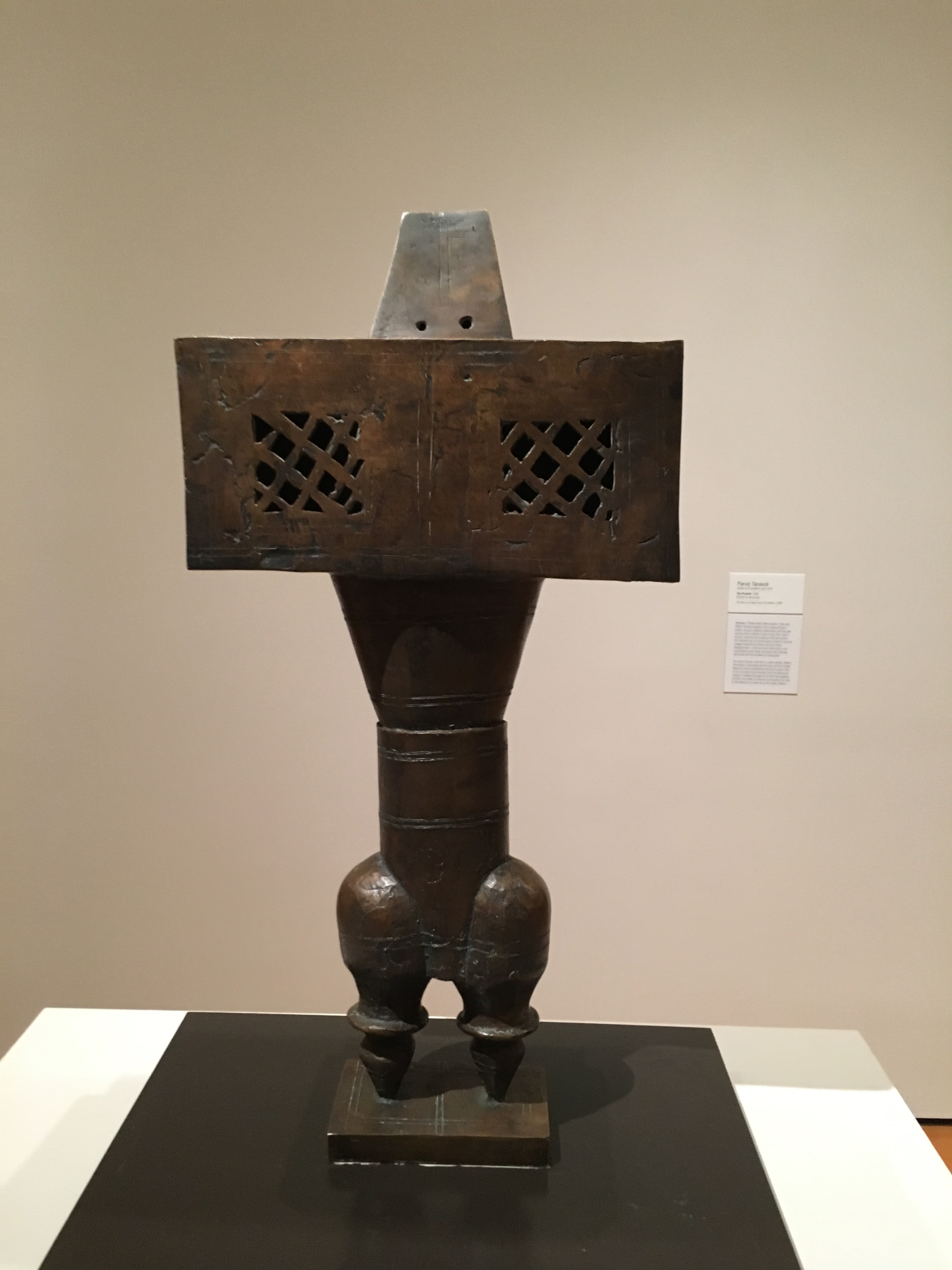In one move that we did not see coming, USCIS has announced that, starting April 3, 2017, it will temporarily suspend premium processing service for all H-1B petitions. Petitioners will not be able to file Form I-907, Request for Premium Processing Service, for a Form I-129, Petition for a Nonimmigrant Worker which requests the H-1B nonimmigrant classification. This includes cap-subject H-1B petitions, petitions for H-1B extensions or amendments and petitions for change of H-1B employer. This suspension may last up to 6 months and USCIS will notify the public before resuming premium processing for H-1B petitions. The temporary suspension will not apply to other eligible nonimmigrant classifications filed on Form I-129.
As background, premium processing service provides expedited processing for a specific list of employment-based immigrant and nonimmigrant petitions. This list has always included the H-1B petition. The request is submitted on Form I-907 which carries a fee of $1,225. Upon receipt of this request, USCIS guarantees 15 calendar day processing or USCIS will refund the fee. Within the initial 15 days, USCIS will issue an approval or denial notice, a notice of intent to deny (NOID) or a request for evidence (RFE). If a NOID or RFE is issued, a new 15 calendar day period will begin upon USCIS’ receipt of a complete response. Premium processing service is also quite desirable because it allows petitioners and attorneys to communicate directly with USCIS officers via telephone or email. USCIS also issues an email notification when the case has been received and when it is approved. Also, rather than having to wait for snail mail to arrive, petitioners receive RFE’s and denial notifications via fax.
Each year, thousands of petitioners request premium processing service for their H-1B petitions filed under the H-1B cap. The initial email notification and the 15 day adjudication period can go a long way toward providing peace of mind for anxious H-1B petitioners and beneficiaries. For petitions filed under regular processing, USCIS receipt notices are sometimes not received until May or even June and the petition can remain pending for months, even past the October 1 employment start date. Cap-subject H-1B petitions are accepted during the first five business days of April. This year, since April 1 falls on a Saturday, cap-subject H-1B petitions for the 2018 fiscal year (FY18) will be accepted from Monday, April 3 to Friday, April 7, 2017. The suspension will therefore apply to all petitions filed for the FY18 H-1B regular cap and master’s advanced degree cap exemption (the “master’s cap”). USCIS will reject any Form I-907 filed with an H-1B petition. Therefore, if the petitioner submits one combined check for both the Form I-907 and Form I-129 H-1B fees, USCIS will reject both forms.
USCIS has stated that the suspension will help the agency to reduce its overall H-1B processing time and allow it to process long-pending petitions which it has been unable to process due to the high volume of incoming petitions and the significant surge in premium processing requests over the past few years. USCIS also claims that the suspension will allow the agency to prioritize the adjudication of H-1B extension of status cases that are nearing the 240 day mark. Under 8 CFR § 274a.12(b)(20), an H-1B worker is authorized to continue working for the same employer for up to 240 days beyond the expiration of the current immigration status (i.e. beyond the date listed on their most recent Form I-94) if the employer files an H-1B extension request in a “timely” manner. In recent times, the processing times for H-1B petitions have come close to or even moved beyond 240 days. This is probably attributable to increased filings as a result of the decision in Matter of Simeio Solutions, LLC, 26 I&N Dec. 542 (AAO 2015) which mandates the filing of H-1B petitions for amendment whenever there is a change in the H-1B work location. Once the 240 day period has passed, the employee may remain in the US awaiting the adjudication of the petition but will no longer be authorized to work. If the H-1B worker works past the 240 days, not only will he or she be in violation of status, but will lose the tolling exception to unlawful presence too. According to USCIS guidance, unlawful presence is tolled when a timely extension request is filed, but that tolling will be lost if the foreign national engages in unauthorized employment either before or after the timely extension has been filed. Thus, working beyond 240 days will result in the loss of the tolling protection to unlawful presence.
We hope that we can trust in USCIS’ stated intent and that there is nothing more sinister behind the suspension. It is no secret that some people in charge of immigration policy in the Trump administration do not like the H-1B visa as it is perceived, albeit erroneously, to be taking away jobs that should go to American workers. There are ongoing efforts within Congress to change how the H-1B system works. One bipartisan bill, H-1B and L-1 Visa Reform Act of 2017, proposes to reform the program by instructing officials to grant visas on merit, rather than through a lottery. Is the stoppage of premium processing for 6 months really just a way to slow down the H-1B program and thus make it more difficult for employers to retain skilled H-1B workers? Is this in keeping with Bannon’s goal for the endless deconstruction of the administrative state? Granted, this is not the first time that premium processing service has been suspended. Last year, USCIS announced that in order to prioritize data entry for cap-subject H-1B petitions, while they would still accept Forms I-907, they would actually begin any requested premium processing for H-1B cap-subject petitions by May 16, 2016. That suspension applied only to cab-subject H-1B petitions and was implemented for a very short-term with a firm end-date indicated. It was therefore not only understandable but moreover, believable, as a means to cope with an expected influx of petitions. This time, the timeline could be indefinite, as USCIS vaguely states that the suspension may last up to 6 months, and USCIS has applied the suspension across the board on all H-1B petitions, a move that will most likely lead to an increase in the very backlogs that they are allegedly seeking to eliminate.
The suspension of premium processing service could also result in very serious complications for H-1B employees. The inability to upgrade the petition to premium processing will mean that H-1B employees might be unable to travel outside the US. An H-1B worker with a pending petition whose immigration status has expired will need to apply for and obtain a new H-1B visa at a US Consulate abroad if he travels outside the US. Such an employee would be ill-advised to embark on an international trip when there is no indication as to when the pending H-1B will be adjudicated. Also, some states require an H-1B approval notice in order to extend driver’s licenses. If the H-1B worker needs to drive to work every day, the inability to obtain an expeditious H-1B approval could mean that he is unable to work.
An H-1B worker who is porting to a new employer may begin working for the new employer upon the filing of a nonfrivolous H-1B petition on his behalf provided, inter alia, that this petition was filed before the end of his period of authorized stay. It has always been advisable to obtain an approval of the new H-1B petition and the security that comes along with that before making the leap to new H-1B employment. The suspension of premium processing service means that more H-1B workers will be forced to take a chance and port to the new employer before the H-1B petition is approved. If the H-1B petition is ultimately denied, they do have the option to return to the first H-1B employer but, realistically, not only is it most likely that those bridges will have burnt but that initial H-1B employer is also obligated to notify USCIS when the H-1B worker is no longer employed. If USCIS has already been notified then that initial H-1B would no longer be viable even if the employer were willing to rehire the H-1B worker.
Also, where an H-1B worker has ported to new H-1B employment based on a pending petition timely filed by employer B, the worker may port again to employment with employer C while the petition filed by employer B is still pending but provided that the H-1B worker’s initial period of authorized stay, as indicated on his Form I-94, has not yet expired. The suspension of premium processing service will likely increase the processing time for all H-1B petitions and therefore significantly increase the likelihood that H-1B workers will no longer be able to take advantage of such privileges.
USCIS has indicated, however, that it will continue to accept requests for expedited processing during the suspension period. Petitioners may submit a request to expedite an H-1B petition if they meet the criteria on the Expedite Criteria webpage. It is the petitioner’s responsibility to demonstrate that they meet at least one of the expedite criteria, which include severe financial loss to company or person; emergency situation; and humanitarian reasons. USCIS has stated that it will review all expedite requests on a case-by-case basis and that requests will be granted at the discretion of the office leadership.
If the H-1B visa system is gummed up in this manner, US employers will not be able to attract the best global talent. Some of the employers that will be hit the hardest will be technology companies seeking to attract the best talent before their competitors do. It is already difficult to do so given the H-1B annual cap of a measly 65,000 visas with an additional 20,000 for master’s degrees. The United States is no longer the only game in town. Frustrated workers will leave for more hospitable countries. The H-1B system is already a mess. Why the need to mess it up even more?









